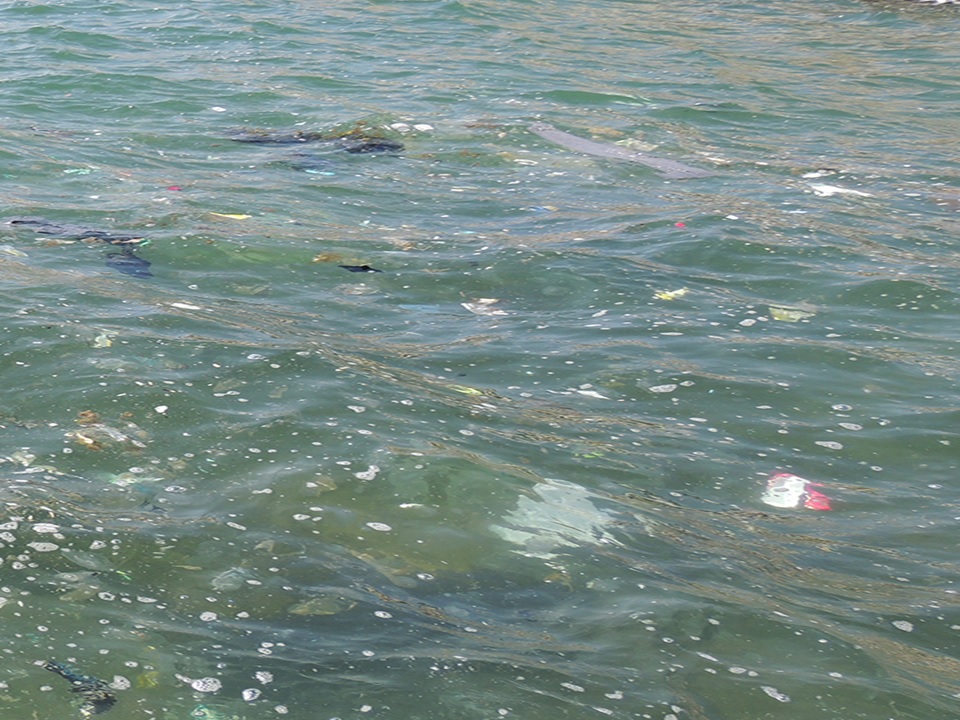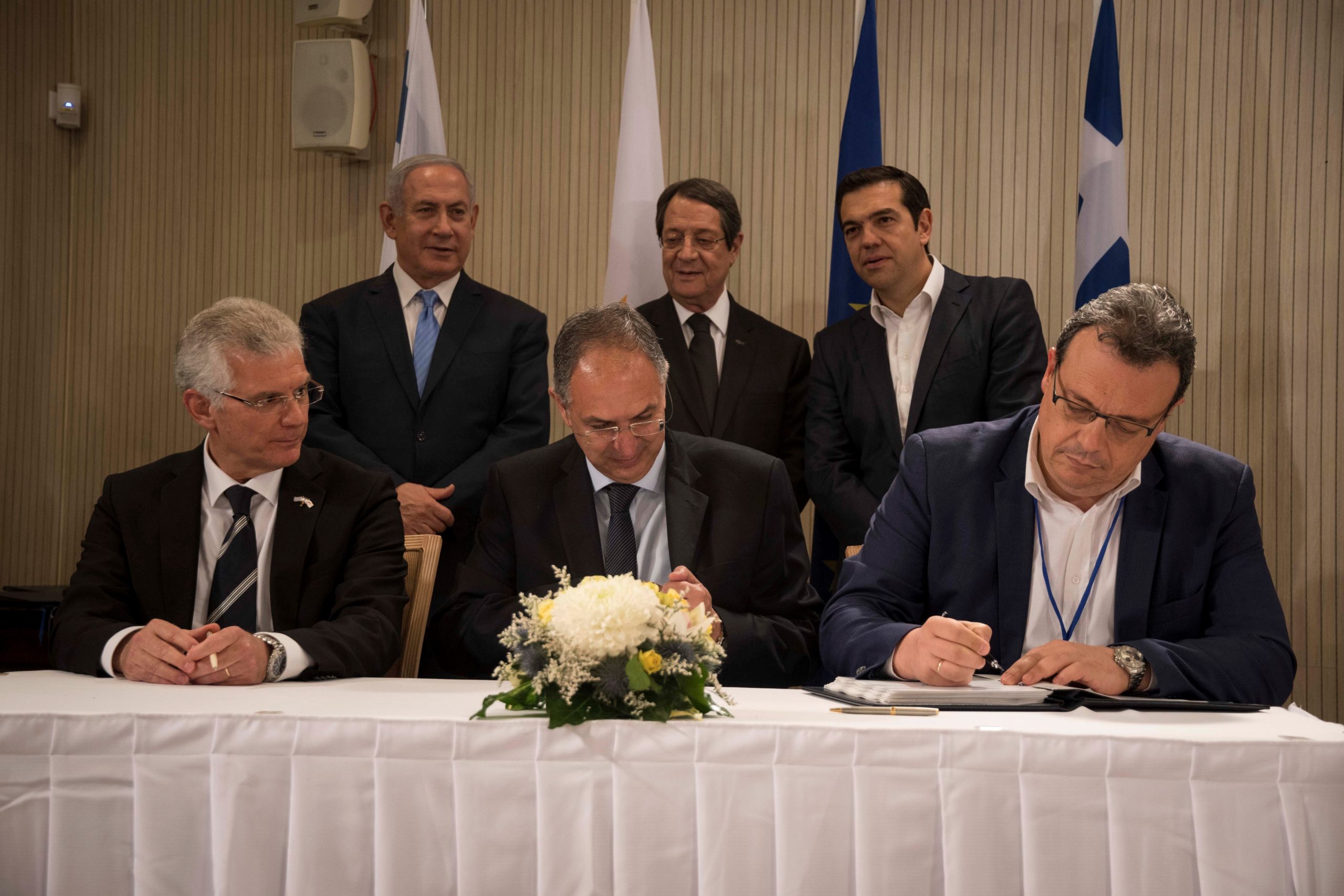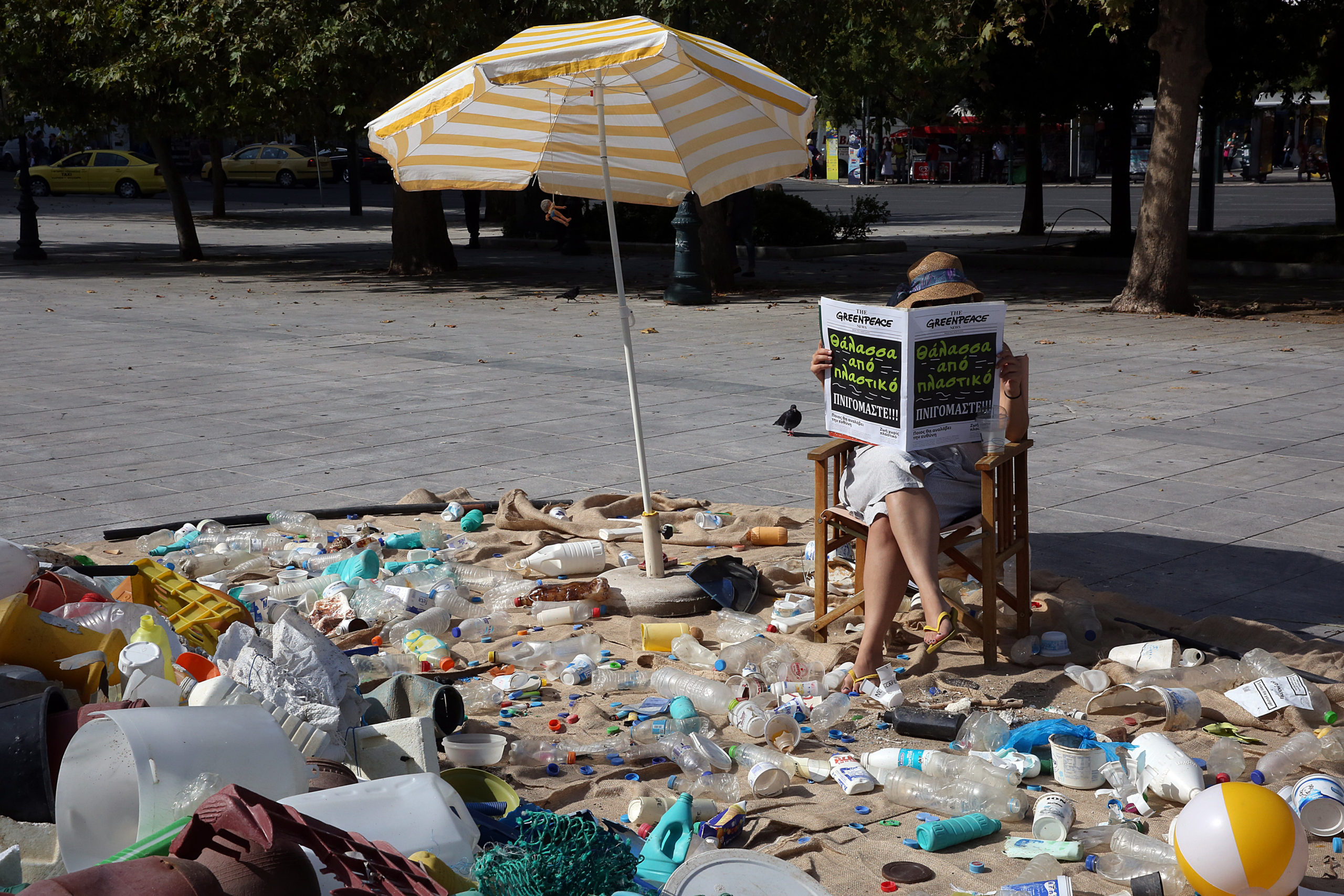Marine litter has been globally recognized as one of the major threats not only to marine ecosystems but also to their sustainable growth. The Mediterranean area is considered as one of the most affected by marine litter in the world with its plastic concentrations found floating to be comparable with those reported for the five oceanic garbage patches.
The UN Environment/Mediterranean Action Plan (MAP) and the Italian Ministry for the Environment, Land and Sea organized and led a workshop on the prevention and management of marine litter in Rome, Italy on 20-21 April 2017. It came within the framework of the 2017 Italian Presidency of the G7, and aimed at identifying the way to mainstream the Regional Seas Programme’s activities and best practices in the marine litter field towards the better implementation of the G7 Action Plan on marine litter.
In his welcome speech, Italian Minister of Environment, H.E. Mr Gian Luca Galletti reiterated the commitment of Italy towards the prevention of marine litter production and the concrete action to its removal from the sea and beaches. He said: “The Ministry I represent is strongly committed to the implementation of the Barcelona Convention Marine Litter Action Plan and the G7 Action Plan to Combat Marine litter”. He highlighted the role of the International cooperation agreements to achieve this, in particular, the UNEP Regional Sea Programmes and the Regional Fisheries Management Organizations. Mr Galletti also signed a letter addressed to the UN Environment Programme, by which Italy joined its 5-year “CleanSeas” Campaign addressing the root-cause of marine litter, by targeting the production and consumption of non-recoverable and single-use plastic.
The workshop was a great opportunity for dialogue among the G7 countries and relevant Regional Seas, the EC, representatives of Regional Fisheries Management Organizations, NGOs, private sector, and other UN bodies and initiatives. It allowed to develop a clearer picture of the work of the Regional Seas in the areas of focus of the G7 Action Plan to Combat Marine Litter. It also reviewed the work on marine litter at the regional level by diverse actors, focusing on the regional dimension with representatives of countries from different regions.
Representing the Regional Seas Programme, the Mr. Gaetano Leone, Coordinator of the UN Environment/MAP and Co-Chair of the workshop reaffirmed that “the six relevant Regional Seas have been following an approach to tackle the problem of marine litter that is compatible with and contributes to the objectives and priority actions of the G7 Action Plan to Combat Marine Litter”. He highlighted the involvement and activities of Regional Seas to combat marine litter from land and sea-based sources, including the identification of hot-spots and accumulation areas.
He also presented the Mediterranean response to combat marine litter. UN Environment/MAP has taken a series of policies and measures at the regional level. It was the first Regional Sea Programme to approve a legally-binding Regional Plan on Marine Litter Management (2013), providing for a set of programmes of measures and implementation timetables to prevent and reduce the adverse effects of marine litter on the marine and coastal environment.
At the end of the workshop, participants agreed on a number of issues for the way forward. These included the need for mapping of processes, initiatives, and mandates for better coordination of the collective responses to marine litter challenges; identification and filling of knowledge gaps, and common goals for the progressive reduction and elimination of marine litter; sharing of best practices among all actors and harmonization and standardization of methodologies. Emphasis was made on the need for capacity building and resource mobilization to address marine litter along with effective management of waste, and awareness raising.
http://www.unep.org/unepmap/contribution-regional-seas-programmes-implementation-g7-action-plan-marine-litter


